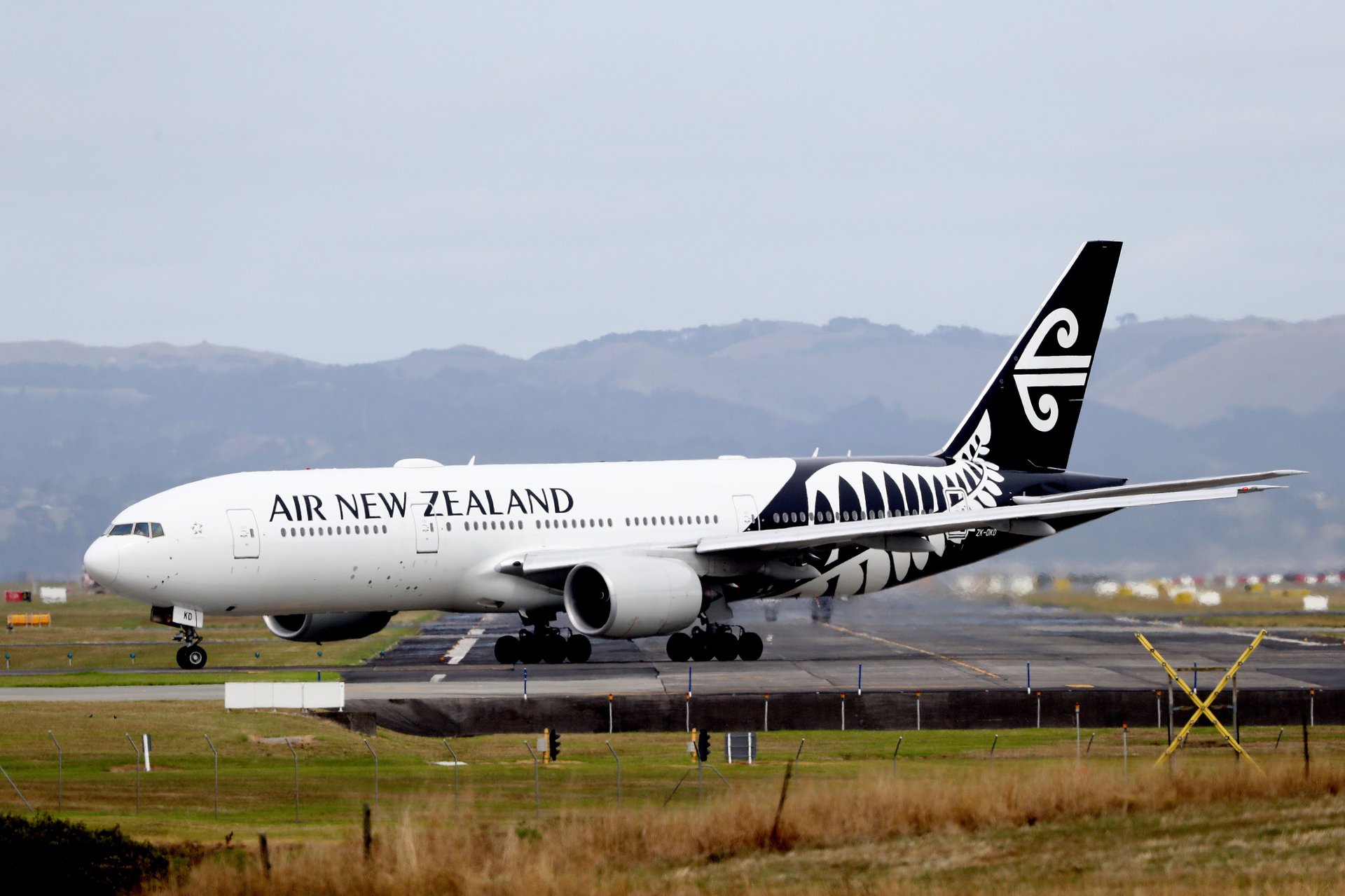Air New Zealand is the first major carrier to back down from its climate goals
The airline cited delivery issues and difficulty sourcing cleaner fuel

New Zealand’s flag carrier has become the first major airline to officially back down from its short-term climate goals, citing delivery delays and the affordability of alternative jet fuels.
Suggested Reading
Auckland-based Air New Zealand said it would remove its goal to reduce its carbon emissions by 28.9% by 2030, compared to its 2019 baseline emissions. The airline said it was still committed to reaching net-zero emissions by 2050, an industry-wide goal that relies heavily on strong supply chains for repairs and alternative fuels. Air New Zealand will now consider a new near-term carbon reduction target that better reflects its challenges, according to a statement.
Related Content
“It is possible the airline may need to retain its existing fleet for longer than planned due to global manufacturing and supply chain issues that could potentially slow the introduction of newer, more fuel-efficient aircraft into the fleet,” CEO Greg Foran said, adding that the carrier has withdrawn its 2030 target “immediately.”
Airlines are relying on a surge in the production of sustainable aviation fuel (SAF) and more efficient aircraft to slash emissions over the next several years. In 2022, aviation accounted for 2% of global energy-related carbon emissions, thanks to the industry’s growth outpacing rival industries like rail, road, or shipping.
The International Air Transport Association expects global jet fuel demand to reach some 99 billion gallons in 2024, but it’s still tough for companies to get their hands on a lot of SAF. The cleaner fuel — which is made from low-carbon raw materials — accounted for just 3% of all renewable fuels produced in 2023, according to the International Air Transport Association. Several projects are underway to boost the world’s supply of SAF, including some being carried out by Phillips 66 and Diamond Green Diesel, but more are sorely needed.
Air New Zealand is also suffering from delays of new planes to replace its existing fleet. In February, it said that five of its “newest and most efficient” A321neo aircraft would be out of service at “any one time across the next 18 months,” citing a need for maintenance on their planes from Pratt & Whitney. The carrier has Boeing 787 Dreamliner and Airbus A320neo planes on order.